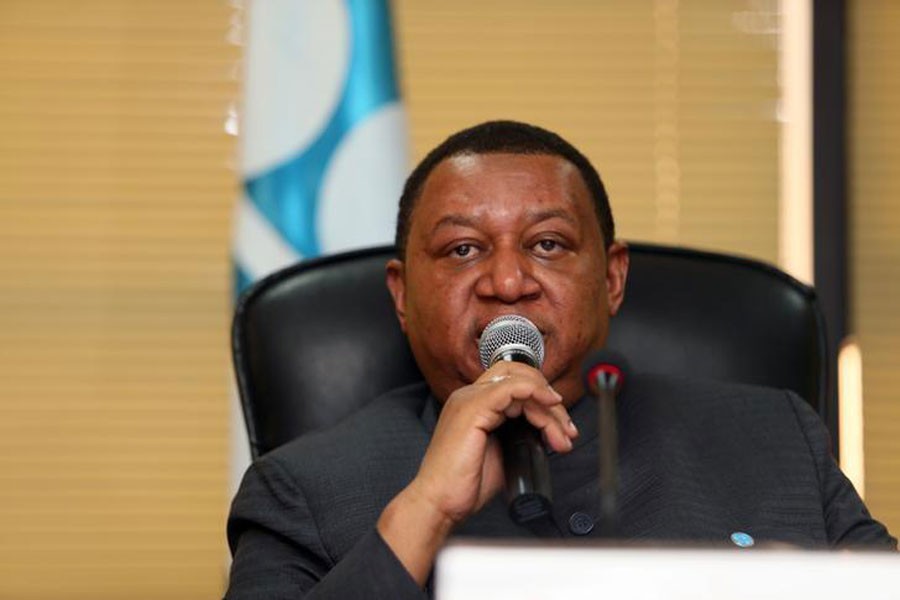LONDON, Sept 25 (Reuters): Oil prices rose on Monday to their highest in eight months after major producers said at a meeting in Vienna the global market was well on its way toward rebalancing.
The November Brent crude futures contract was up 79 cents at $57.65 a barrel by 1134 GMT (6.34 a.m ET), its highest since January 3.
US crude for November delivery was up 41 cents at $51.07 a barrel, close to recent four-month highs.
The Organisation of the Petroleum Exporting Countries (OPEC), Russia and several other producers have cut production by about 1.8 million barrels per day (bpd) since the start of 2017, helping lift oil prices by about 15 per cent in the past three months.
Kuwaiti Oil Minister Essam al-Marzouq, who chaired Friday's meeting in Vienna of the Joint Ministerial Monitoring Committee, said output curbs were helping cut global crude inventories to their five-year average, OPEC's stated target.
Russia's energy minister said no decision on extending output curbs beyond the end of March was expected before January, although other ministers suggested such a decision could be taken before the end of this year.
Iran expects to maintain overall crude and condensate exports at around 2.6 million bpd for the rest of 2017, a senior official in the nation's state oil company said, while the UAE's energy minister said its compliance to supply cuts was 100 per cent.
Nigeria is pumping below its agreed output cap, its oil minister said.
"On the basis of the current IEA estimates, the oil market is more or less balanced in the second half of the year," said Commerzbank in a note. "For stocks to be reduced any further, however, the oil market would have to show a deficit, so the optimism appears exaggerated."
OPEC's production cuts have been met with rising US shale oil output, which has tempered the rise in US oil prices relative to the increase in Brent futures.
The discount of the benchmark WTI crude contract to Brent futures rose to $6.64, the widest since August 2015. This gap has doubled in the last six weeks as US crude demand has been undermined by hurricane damage to US refineries.
US energy firms cut the number of oil rigs operating for a third week as a 14-month drilling recovery stalled.
Investors were also eyeing developments in North Korea. US Treasury Secretary Steve Mnuchin on Sunday said President Donald Trump wants to avoid nuclear war with North Korea.
Another report from Singapore adds: Middle East crude exports to Asia Pacific are expected to rise by 7.5 million barrels per day (bpd) between 2016 and 2040 to fuel growth in emerging economies led by India and China, OPEC's Secretary General Mohammed Barkindo said on Monday.
Exports will reach 22 million bpd from 14.5 million bpd during the period, he told the S&P Global Platts APPEC conference.

- Wednesday, 25 December 2024 |
- Today's FE |
- e-Paper |
- Beta Website

